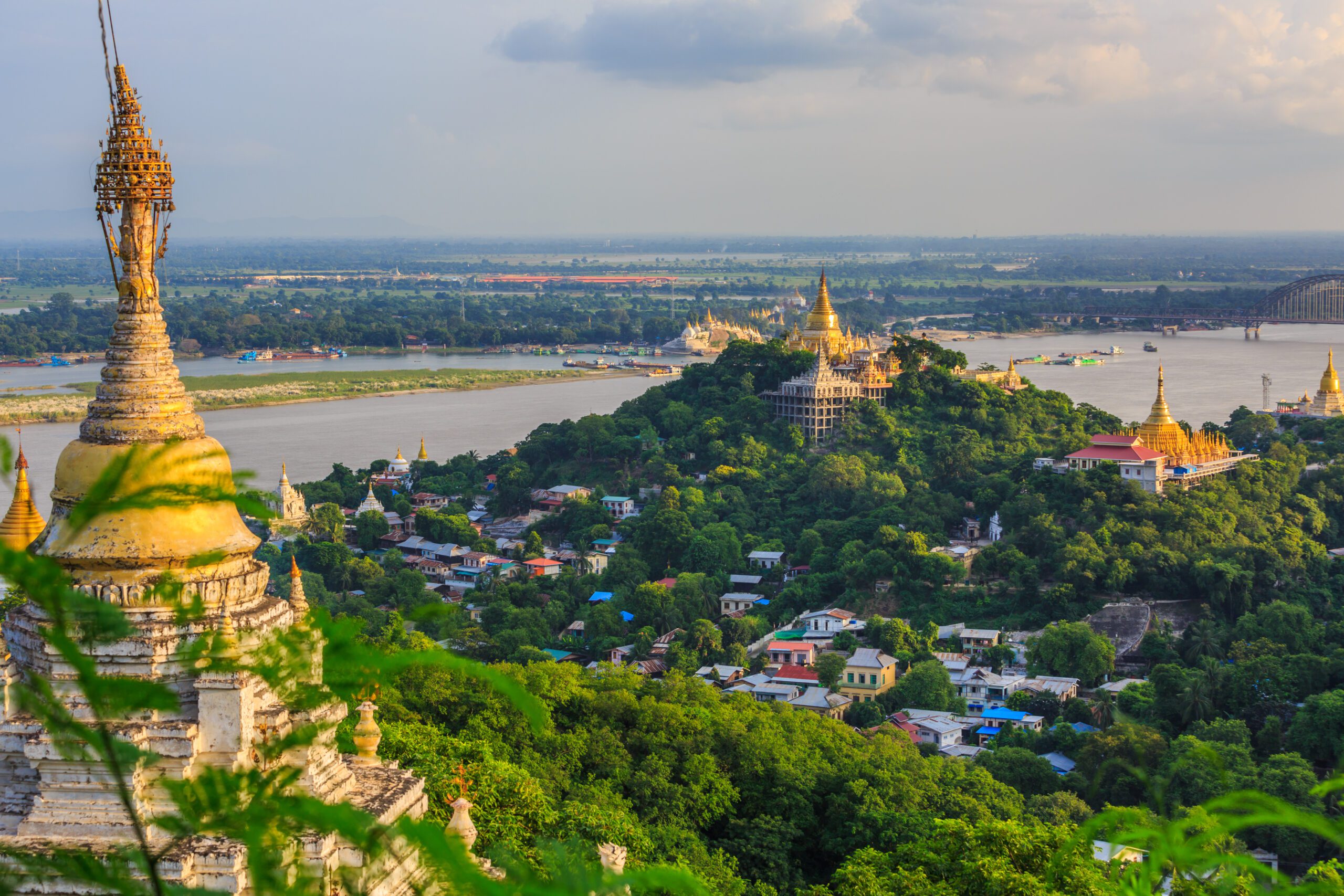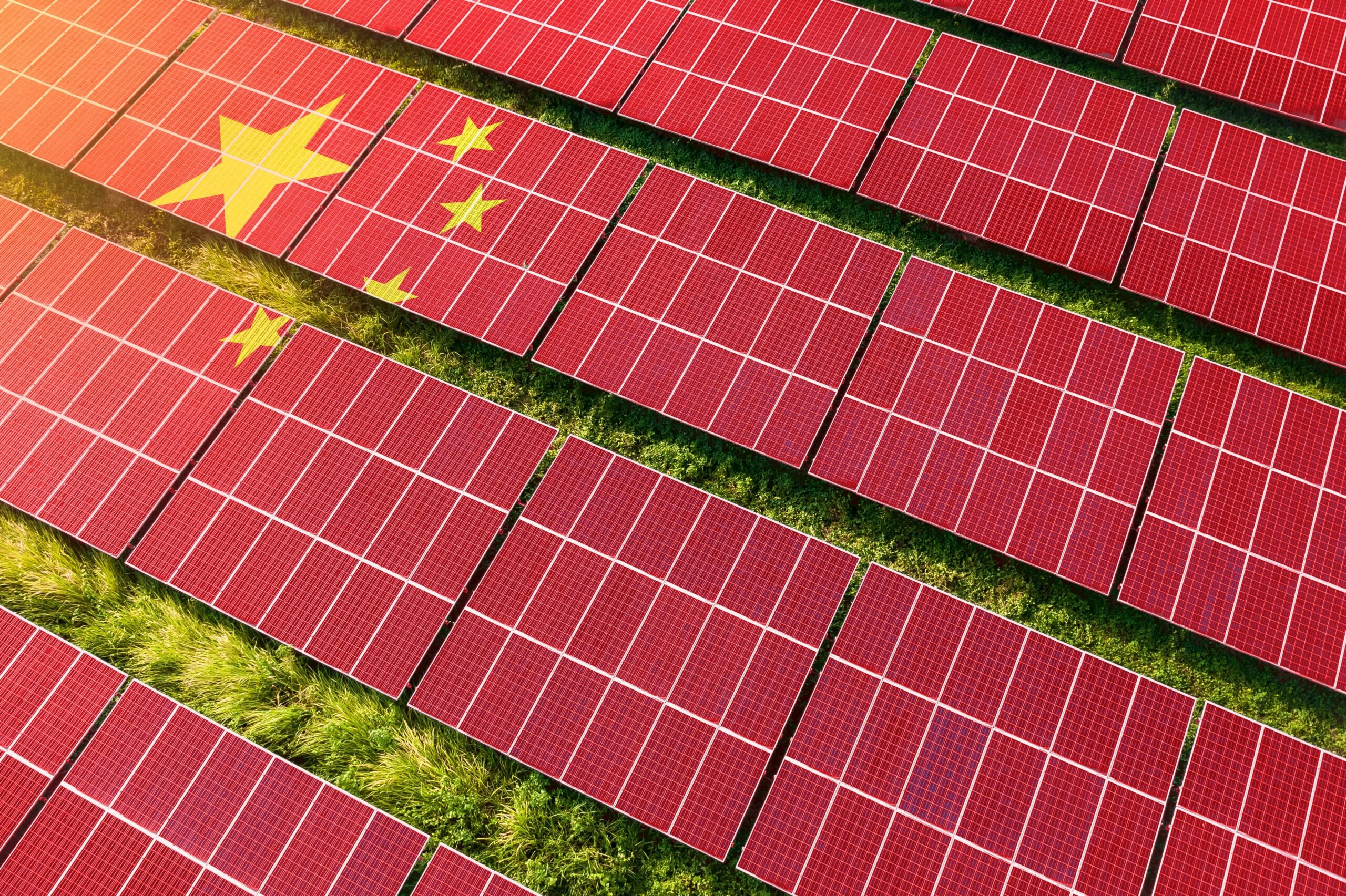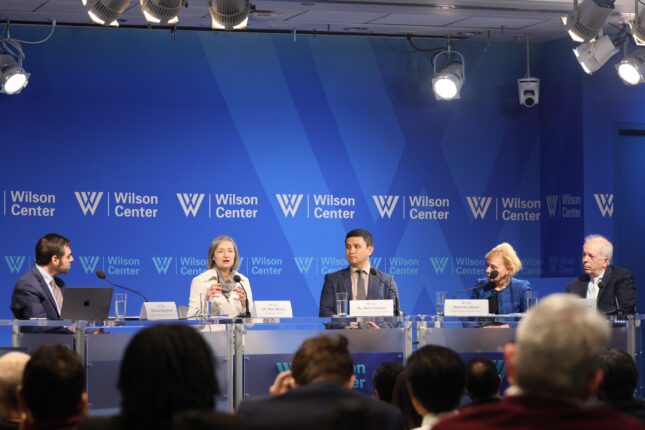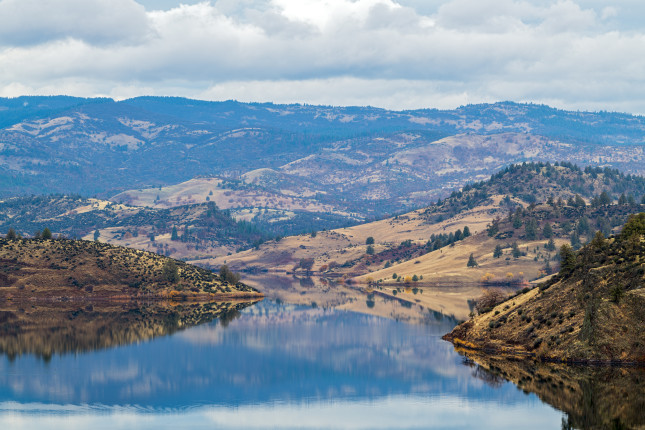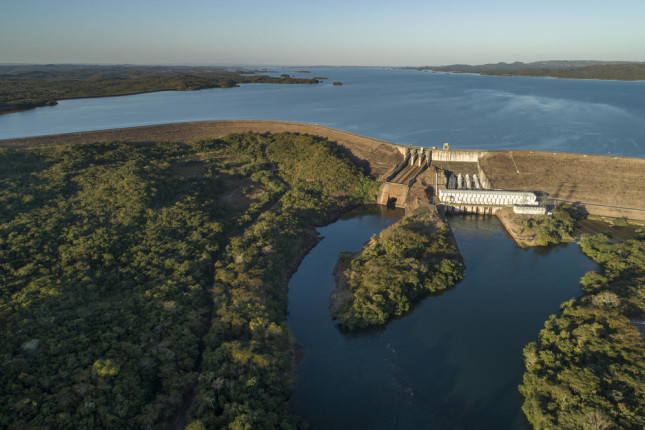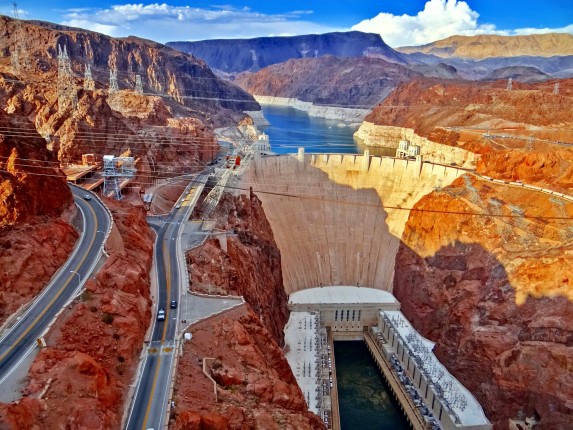-
Deep Currents: Assessing Threats to the Indus Waters Treaty
›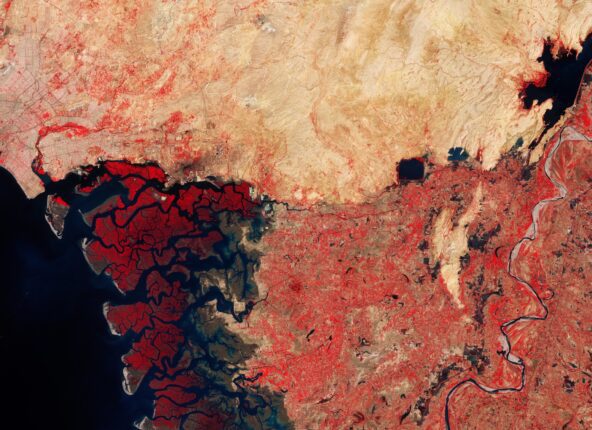
The Indus Waters Treaty of 1960 has kept two nuclear-armed rivals – India and Pakistan – in a stable river sharing arrangement for more than six decades. Yet that significant achievement now seems to be at risk.
India’s government has stated it is holding the treaty in abeyance and is threatening to cut off water to Pakistan after a terrorist attack killed more than 20 Indian citizens in late April 2025. India’s Prime Minister Narendra Modi described the treaty as a “blunder” and a “betrayal” of India’s dignity committed by then Prime Minister Jawaharlal Nehru, and proclaimed that “blood and water cannot flow together.”
-
Damming the River by Feeling the Stones: China’s Mekong Hydropower Strategy
›For decades, China has been the dominant force in hydropower development across the Mekong subregion, financing, and constructing massive dam projects that have transformed Southeast Asia’s economic and environmental landscape. Many analysts have framed this expansion as a meticulously orchestrated strategy to extend Beijing’s economic and geopolitical influence. But this narrative obscures a more complex reality—one in which China’s dam-building in the Mekong has been shaped by trial and error, reactive policy shifts driven by external shocks, local resistance, and intensifying geopolitical competition.
-
China’s Role in Financing the Energy Transition in the Global South
›China and the Global Energy Transition // China Environment Forum // Guest Contributor // February 13, 2025 // By Muyi Yang & Xunpeng ShiAs the world inches closer to the critical 1.5°C warming threshold, the demand for decisive climate leadership has never been more pressing. The US withdrawal from the Paris Agreement on January 20, 2025 has left a leadership void. The confluence of these events also has raised the question of whether China can do more to fill the finance gap and help Global South countries decarbonize.
-
ECSP Weekly Watch | December 9 – 13
›
A window into what we’re reading at the Wilson Center’s Environmental Change and Security Program
Mekong River Development Faces Public Outcry (Mongabay)
The Mekong River flows through China, Myanmar, Laos, Thailand, Cambodia, and Vietnam—and a new development on this waterway near the downstream Thailand-Laos border has triggered protests in Thailand. The Pak Beng hydropower development is a joint project of China Datang Overseas Investment and Thailand-based Gulf Energy Development which is estimated to generate 912 megawatts of power to be sold to Thailand’s state energy company.
-
Water @ Wilson | MODSNOW: A New Tool for Water Security in Central and South Asia
›
Central and South Asia’s water resources are critical for the region’s water, energy, food and environmental security. Major rivers in the region originate from the Hindu-Kush-Himalaya, Pamir, and Tien Shan Mountain Ranges and flow across multiple countries. Unique geographical characteristics make water management a complex and challenging task that is further complicated by a changing climate and increasing demand affecting diminishing water resources.
-
Klamath Dam Removal: A Key Step in Freshwater Restoration and Protection Goals
›
The Klamath River Dam removal, slated for early 2024, is a significant milestone in the journey towards bringing back healthy rivers in the United States. This action will restore nearly 300 miles of river habitat in the Klamath and its tributaries across Southern Oregon and Northern California, allowing salmon, a critical source of economic and nutritional value for the local communities, to return. As the world’s largest dam removal and river restoration project in history, this project will have lasting impacts on the health of this river and represents an opportunity for building momentum to continue global river protection and restoration.
-
Navigating Trade-Offs Between Dams and River Conservation
›
Connected and healthy rivers deliver diverse benefits that are often overlooked: freshwater fish stocks that improve food security for hundreds of millions of people, nutrient-rich sediment that supports agriculture and keeps deltas above rising seas, floodplains that help mitigate the impact of floods, and a wealth of biodiversity. Navigating Trade-Offs Between Dams And River Conservation, a new report in the journal, Global Sustainability, reveals that if all proposed hydropower dams are built, over 260,000 km of rivers (160,000 miles), including the Amazon, Congo, Irrawaddy, and Salween mainstem rivers, will lose free-flowing status.
-
America’s New Modernization Project
›
Last April, Vice President Kamala Harris visited the Upper San Leandro treatment plant in Oakland, her Californian hometown. The American Jobs Plan, she told her constituency, will deliver over a hundred billion dollars for the upgrade of U.S. water supply infrastructure. In truth, the investment plan, one of the largest in a generation, is far more ambitious than that. Across all proposed expenditures, it includes not just the upgrade of all water piping, but also remediation, flood protection, ecosystem restoration, and the climate proofing of economic activities. All these initiatives place water at the heart of recovery and resilience.
Showing posts from category hydropower.


